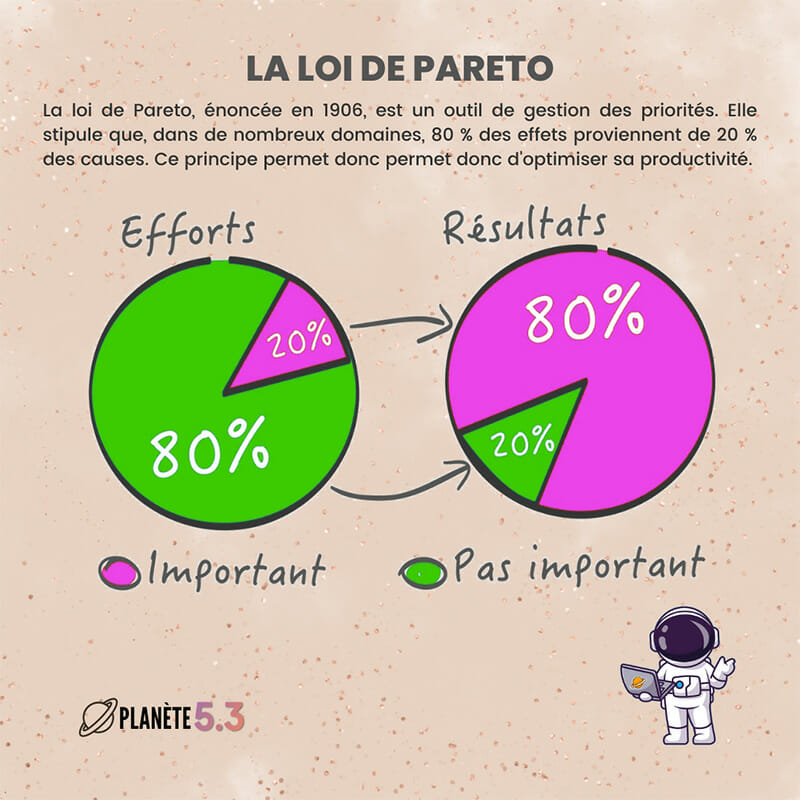
Dating via the digital highway is just as normal today as the traditional way. Then it is of course important that your data is processed in a careful manner. But does that happen? The Consumers’ Association found out.
Research by the Consumers’ Association shows that privacy is repeatedly violated in two ways. Firstly, it has become apparent that there is often no correspondence between the privacy statements of the sites and reality. “Nine out of ten sites have a privacy statement that is not in order. They are not complete enough and it is unclear which personal data is collected,” said Babs van der Staak of the Consumers’ Association.
Click and surfing behavior is also passed on to third parties. Van der Staak: “Half of the sites already place cookies before you have even been able to accept anything. Then your data is already known to all kinds of advertising networks.” However, passing on data without permission is prohibited by law.
Sensitive information
Furthermore, the dating sites show 50plusmatch, Happn, paiq, parship and Tinder already advertising cookies from Google and Facebook before permission is given. This leads to unsolicited click and surfing behavior being passed on to third parties, such as commercial parties. So there is a high chance that advertisements will appear on the screen from other dating sites after you have visited a dating site. The Consumers’ Association expresses its concern about this. Van der Staak: “If you search online for shoes or a holiday, you often get all kinds of offers for weeks. Now you get that for dating sites. That is sensitive information. The fact that online dating has become more and more normal does not mean that you want to hang that on the big clock.”
The survey was conducted among 700 experience experts from the dating sites Badoo, e-matchting, Happn, Lexa, Paiq, Parship, Pepper, Relatieplanet, Tinder and 50plusmatch. 29% of them got into a relationship.
Here’s what to look for in online romance.
Source: One today
















